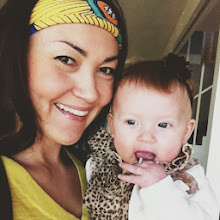
So what does buying Fair Trade products really mean?
According to Paul Rice, CEO of TransFair USA, "It basically links consumers, you and me, to third-world families, and through more direct trade helps those families get a fair price for their coffee, their tea, their bananas, whatever it is they produce."
What's in it for me? Why is buying fair trade items worth it?
Rice continues, "Well, it just so happens that there's a direct correlation between the quality of a cup of coffee, or the quality of a banana, or some other piece of fruit, and the amount of money that the farmer actually gets paid for that harvest. As you might guess, if prices are low, farmers have to cut corners on quality. If farmers, on the other hand, get a decent price, then they can invest more in the quality of the final product."
So, there's actually an alignment of interest there between your and my desires as consumers for higher quality products, and the return to the grower. Fair Trade is all about ensuring that that grower gets a fair price. Not only to produce high-quality products, but also to keep their kids in school, to put food on the table, to protect the land, and to protect the forests around the farms.
That, I would argue, is the other big benefit for consumers of Fair Trade. One is being able to get a high-quality product, and two is to know when you buy a Fair Trade product that you're also helping other families around the world. Helping families keep their kids in school, helping them farm in a sustainable manner."







